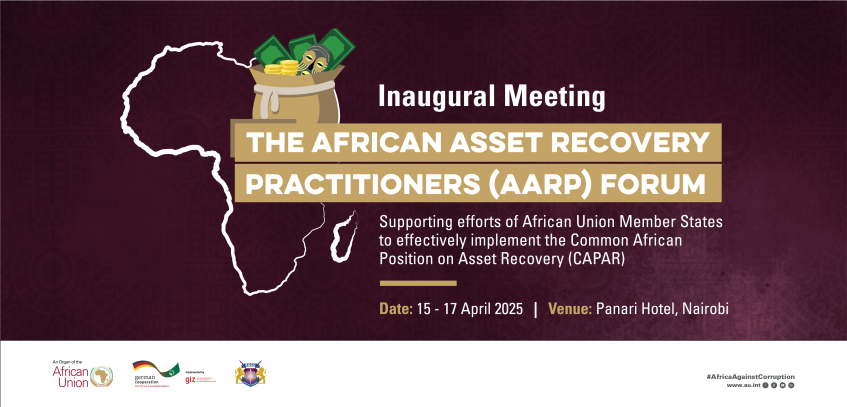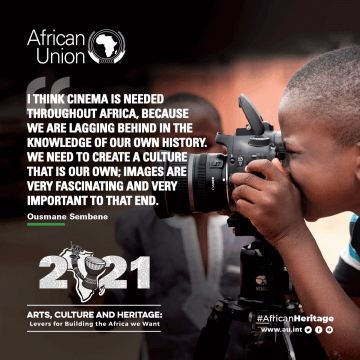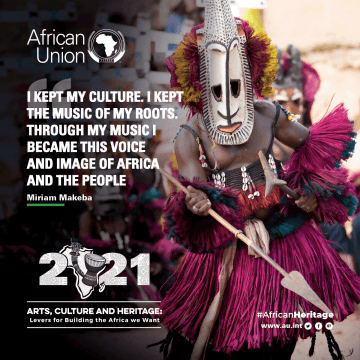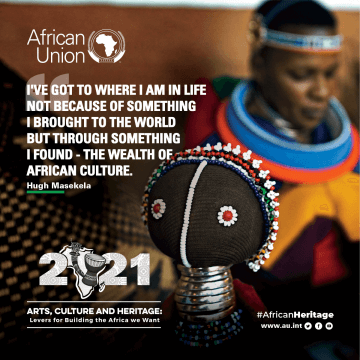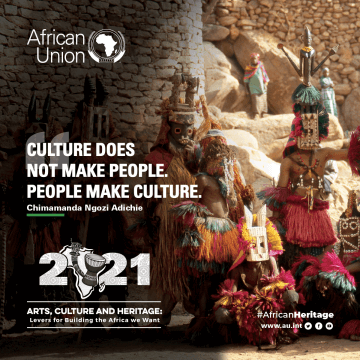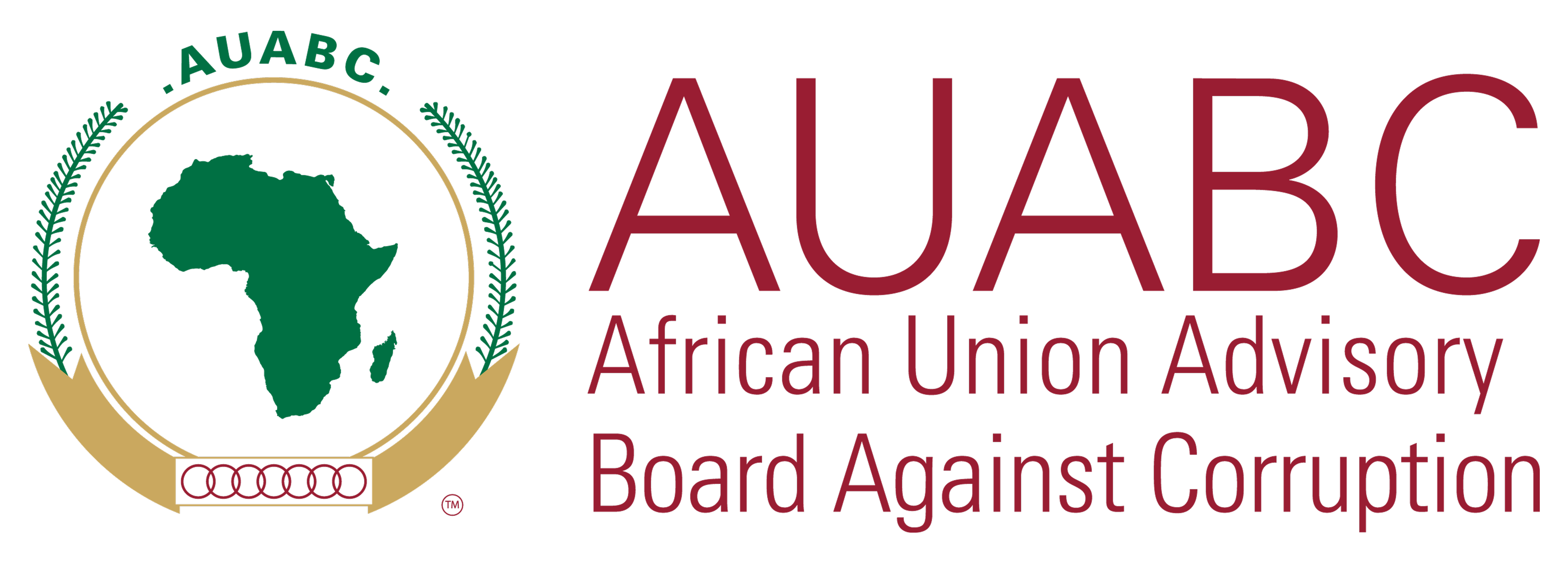The African Union (AU), in its commitment to addressing illicit financial flows, corruption, and the recovery of stolen assets across the continent, adopted the Common African Position on Asset Recovery (CAPAR) in February 2020. CAPAR serves as a policy and advocacy tool to combat illicit financial flows, providing a coherent policy and strategic framework through its four strategic pillars.
About the African Asset Recovery Practitioners' Forum
The African Union (AU), in its commitment to addressing illicit financial flows, corruption, and the recovery of stolen assets across the continent, adopted the Common African Position on Asset Recovery (CAPAR) in February 2020. CAPAR serves as a policy and advocacy tool to combat illicit financial flows, providing a coherent policy and strategic framework through its four strategic pillars.
To operationalize CAPAR, the African Union Commission for Political Affairs, Peace, and Security (AUC-PAPS) and the African Union Advisory Board Against Corruption (AUABC) convened a meeting of Asset Recovery Experts and Prosecutors in Dakar, Senegal, in 2022. This meeting recommended the establishment of a Forum to bring together asset recovery experts to facilitate the effective implementation of CAPAR and contribute to combating illicit financial flows across Africa.
This recommendation led to a series of consultative meetings and workshops, culminating in a stakeholder consultative meeting in May 2024 in Addis Ababa organized by AUC-PAPS and AUABC, in collaboration with the GIZ Global Program on Illicit Financial Flows (GP IFF Program), the meeting brought together Heads of Anti-Corruption Authorities, Asset Recovery Agencies, Prosecution Authorities, Asset Recovery Inter-agency Networks, and Regional and Continental Associations on Anti-Corruption and Asset Recovery from AU Member States. The meeting established the African Asset Recovery Practitioners (AARP) Forum and adopted African Asset Recovery Practitioners Charter.
Operationalizing the Charter and the Forum requires the active engagement and commitment of practitioners. Their involvement is essential in ratifying the Charter, a step that will solidify the Forum's foundation and enable its effective functioning. Practitioners must embrace their leadership role in asset recovery efforts, utilizing the framework to address existing gaps and challenges while seizing new opportunities. The development of the Charter and Forum has been informed by their invaluable contributions, reinforcing the importance of their continued participation in its implementation.
To further operationalize the Forum and its Charter, the AUABC and AUC-PAPS, with support from GIZ EU Action-Sec Fin Program, will co-host the inaugural AARP forum meeting from 15 – 17 April 2025 with the following objectives:
1.To sensitize Stakeholders and promote the role of the Forum in strengthening asset recovery mechanisms and addressing illicit financial flows across Africa.
2.To review, finalize and adopt the AARP Forum's governance documents, including any amendment to the Charter.
3.To make proposals for the initial action plan for the Forum, outlining key activities and areas of focus.
4.Share best practices and emerging trends in asset recovery and combatting illicit financial flows.
Methodology
- The meeting will begin with a presentation reviewing the four pillars of the Common African Position on Asset Recovery (CAPAR) and the African Asset Recovery Practitioners (AARP) Forum. These presentations will provide context, highlight the importance of the Forum, and emphasize the role of stakeholders in strengthening asset recovery mechanisms across Africa.
- Through group sessions and plenary discussions, participants will review and refine the governance documents, including proposed amendments to the Charter.
- Participants will collaborate to develop proposals for the Forum's initial action plan. This includes outlining key activities, setting priorities, and defining areas of focus to operationalize the Charter and advance the Forum's objectives.
- An interactive plenary session will focus on creating a comprehensive roadmap for implementing the Forum's initiatives. Stakeholders will identify immediate and long-term steps to operationalize the Charter, promote asset recovery efforts, and address illicit financial flows.
Simultaneous interpretation shall be provided in Arabic, English, French and Portuguese.
Get Involved
Joining the conversation;
- Urging your country to ratify, implement and report on its compliance with the African Union Convention on Preventing and Combating Corruption;
- Raising awareness on the negative impact of corruption in your community;
- Reporting cases of corruption within your respective Countries to the relevant Anti-Corruption Agencies;
- Promoting anti-corruption whistleblowers and publicizing stories of success in fighting corruption;
- Using the communication tools on publications and at events;
- Sending a message to your networks about the campaign;
- Tweeting about the day using the hashtag #AfricaAgainstCorruption and tagging @AUABC_; and
- Committing to an accountable and transparent lifestyle.
Key Resource Materials
Outcome Statements
The consultative meeting will have the following three outputs-
1.Validated and approved governance documents and adopted Charter with approved amendments.
2. Enhanced commitment and buy-in from stakeholders to actively support and participate in the Forum.
3. Develop clear priority areas identified for immediate and long-term implementation.
Further inquiries should be directed to:
Submit your request to auabcregistry@africa-union.org
Ms. Doreen Apollos: Information and Communication Directorate: ApollosD@africa-union.org








